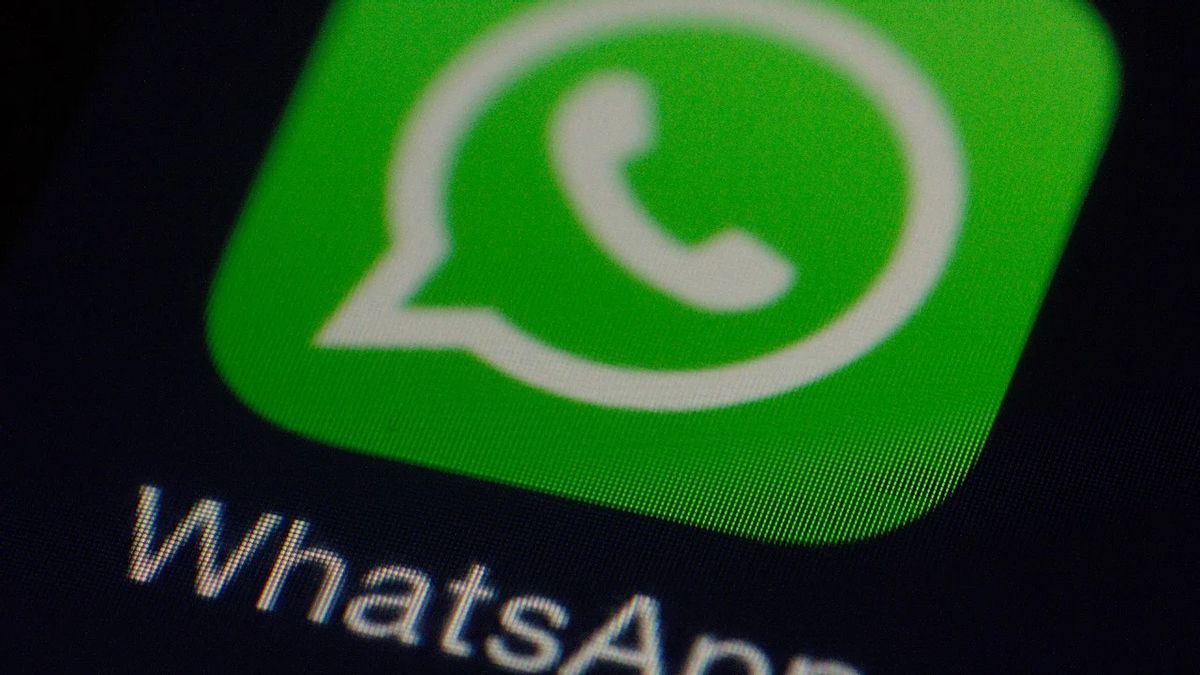JAKARTA - In collaboration with the Ministry of Communication and Informatics (Kominfo), WhatsApp has blocked more than two million accounts of hoax spreaders in Indonesia. The majority of hoaxes circulating around COVID-19 and a number of other issues.
Director General of Kominfo Informatics Applications, Semuel Pangerapan said, Kominfo's internal data showed that there were 2,020 hoax content circulating on social media, from January 23 to October 18. 1,759 of them have been successfully taken down by Kominfo.
To overcome the massive spread of hoax content, Kominfo hopes that the social media platform will add fact-testing and verification features related to circulating information. If such information is indeed, after it is verified to be incorrect, the ministry will put a hoax stamp on the content.
"We need to exercise control, not to limit people's freedom of expression or freedom of opinion. But, in this pandemic situation we need to rectify misinformation so as not to disturb the public," said Semuel, as quoted by Antara, Friday, November 20.
So far, Kominfo has identified the types of infodemics circulating in Indonesia, ranging from disinformation, malinformation, and misinformation. The content is deliberately made wrong and distorted to obscure the actual factual information.
On the same occasion, Sravanthi Dev as the Communication Director of WhatsApp APAC said that his party had developed an identification machine to prevent hoax messages. However, he also hopes for an active role from WhatsApp users to overcome this disinformation problem.
"When you see a message that is spammy or that you don't want to see, we want you to report the message as spam and we will take action," Sravanthi Dev told a virtual press conference on Thursday.
Sravanthi Dev continued that in recent years WhatsApp has also adjusted its product design to stem disinformation, namely by limiting the number of forwarded messages to only five contacts at a time.
This makes the number of messages forwarded decrease by 25 percent. WhatsApp also updated Group Privacy settings so that users can increase the security of their privacy.
Then WhatsApp introduced the labels 'forwarded' (single arrow) and 'frequently forwarded' (double arrow), to encourage users to think twice before forwarding the message again. Especially during the COVID-19 pandemic, according to him, more hoax messages are circulating.
"When this pandemic occurred in April, we limited messages that were often forwarded to just one chat," said Sravanthi Dev.
The English, Chinese, Japanese, Arabic, and French versions are automatically generated by the AI. So there may still be inaccuracies in translating, please always see Indonesian as our main language. (system supported by DigitalSiber.id)













